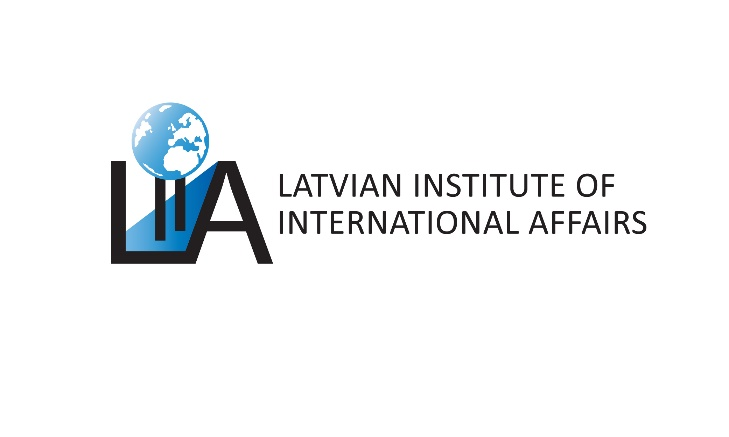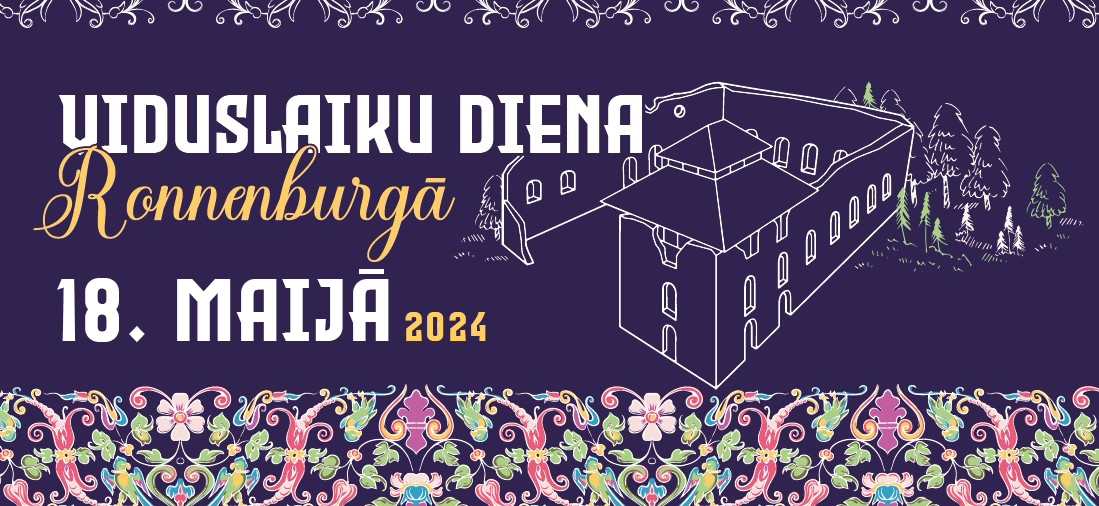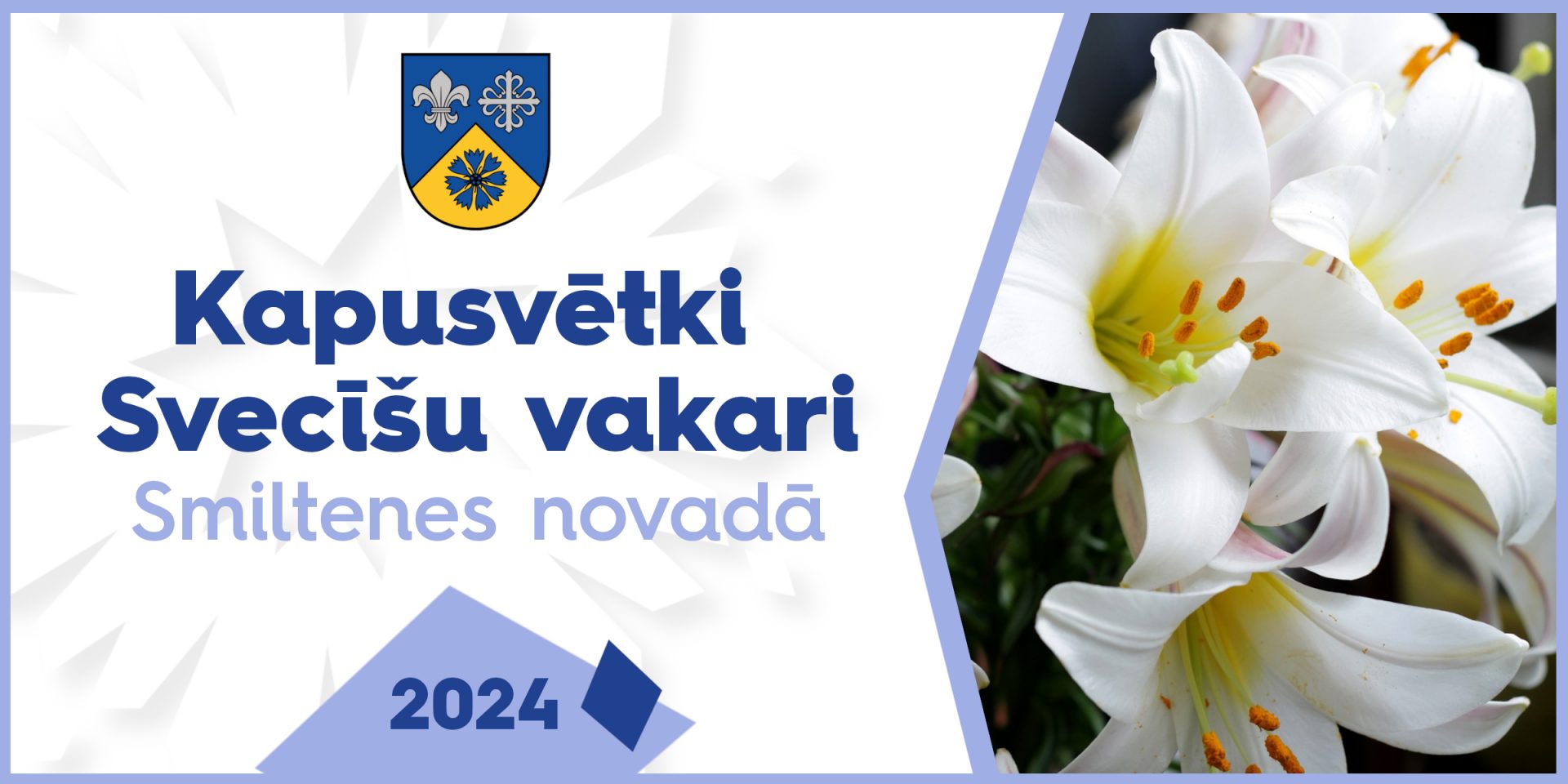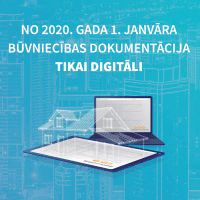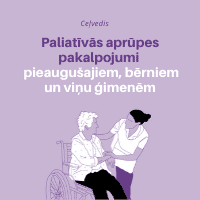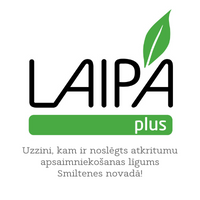Security Radar 2022 is the second edition of a FES survey gauging the public opinion in 14 states from across the OSCE region. The Radar reflects on major obstacles to achieving peace in Europe and distills political recommendations on how to overcome them. The 2022 edition clearly shows that overwhelming majorities of people want peace and cooperation to be a political priority. It also indicates that pragmatism is the way forward to break the current deadlock. The Radar makes clear that a renewed debate on European security needs to take place on the basis of existing frameworks.
Key messages:
- Overwhelming majorities of people want peace and cooperation to be a political priority. Political decision-makers need to provide ideas and initiatives for a more stable international framework. The situation in Europe is grave and complex, but that should not entail inaction, complacency or fatalism. There are major stumbling blocks in the way of progress and it would seem to be a Herculean task to overcome them, but the poll makes clear that citizens understand the various difficulties and dilemmas.
- Pragmatism is the way forward to break the current deadlock. A pragmatic approach could build on a diverse set of instruments, avoiding TINA (there is no alternative) thinking. The public does not perceive a contradiction between interest-based and value-based foreign policy. Concerning the instruments of choice, military, economic and diplomatic means are accepted, with a clear preference for diplomacy over the use of force or sanctions. According to the survey, the respondents do not perceive ideology or values as an impediment to dialogue and negotiation. A broad majority are in favour of cooperating with other countries, even if they do not share the same values. This public pragmatism gives governments room and impetus to shape bold policies aimed at cooperative security.
- A renewed debate on European security needs to take place on the basis of the existing frameworks.The Security Radar 2022 offers several indications of public support for serious negotiations aimed at renewing European security through multilateral institutions. Respondents are willing to cooperate, realising a sense of belonging to Europe and the mutual dependence of their respective countries. Multilateral institutions are viewed positively and still broadly garner high levels of trust, especially the United Nations and the OSCE.
Latvia:
- A large majority fears that wars and conflicts will affect Latvia in the future (72%).
- Latvians are less certain than respondents elsewhere that Latvia’s health care system can tackle the pandemic successfully. They are most dissatisfied with their government’s handling of it (73%). In contrast, they are more satisfied with the EU’s performance than other surveyed EU member states.
- About two-thirds of polled Latvians would like to see their country’s foreign policy enforce values. This is higher than the survey average but significantly lower than in 2019 (82%).
- Latvia comes near the bottom as regards support for increased military spending (37%), only ahead of Italy and Russia.
- Latvia is among the NATO members that are least enthusiastic about military intervention, with only a quarter of respondents endorsing it. Out of all polled NATO members, Latvia is among the wariest about the Alliance’s enlargement to the Russian border. Some 50% of Latvian respondents support the establishment of a European army, ranking second among surveyed EU member states after France.
The full study can be found here: https://peace.fes.de/security-radar-2022
- For additional questions, please contact:
Christos Katsioulis, director of FES Regional Office for Cooperation and Peace in Europe
Email: [email protected]
Phone: +43 1 890 38 11 205
Dr. Reinhard Krumm, Director of the FES in the Baltic States
Email: [email protected]; Phone: +371 2733 0765
